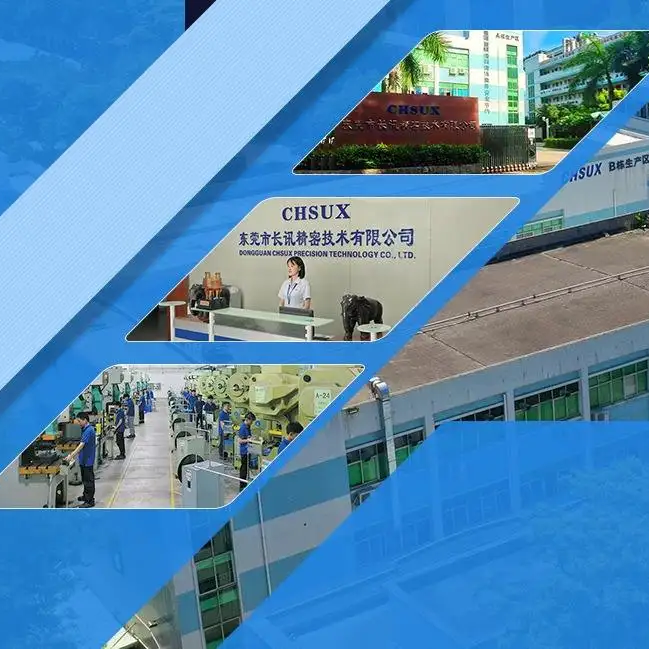
CHSUX представя широк асортимент от автомобилни хардуерни компоненти,specificirani за клиенти B2B. Нашите продукти са проектирани за превъзходство, гарантирайки дълговечност, надеждност и производителност във всяко приложение. С CHSUX, можете да се доверите на нашето качество, експертност и ангажираност към вашия успех.
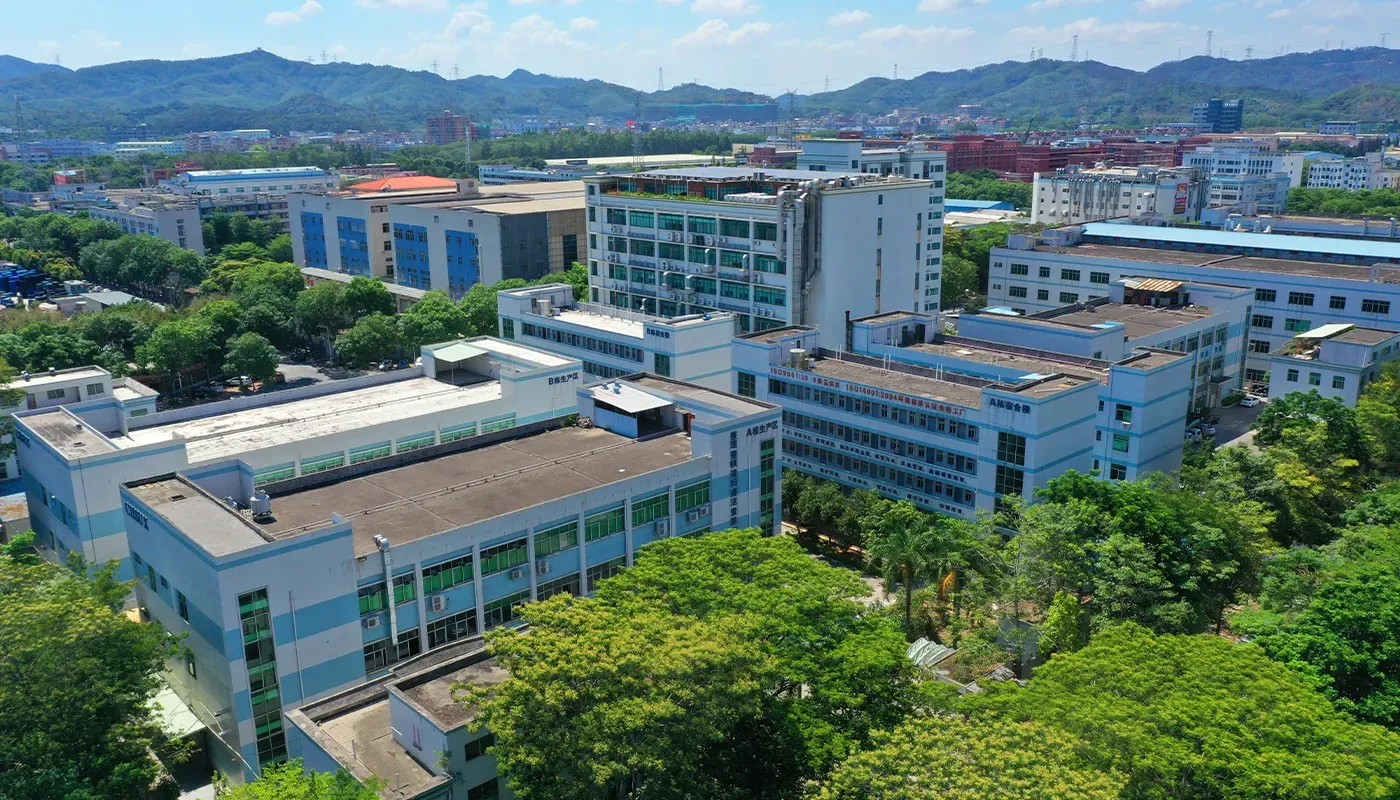
Dongguan CHSUX Precision Technology Co., Ltd., a 17-годишно OEM и ODM производство производител на радиочестотни конектори в град Донгуан, специализиран в разработка, производство и продажба на прецизно твърдоWARE, радиочестотни конектори, коаксиални кабели, кабелни съединения, антени, автокомпоненти и микроволнови продукти. С широк асортимент от радиочестотни коаксиални конектори като SMA, SSMA, SMB и други, задоволяваме различните нужди на клиентите.
Оснащени с moden автоматизиран и полу автоматизиран оборудване , поддържаме силна Екип за научноизследователска и развойна дейност и производствена верига. Нашата ангажираност към качеството е очевидна през нашето следване на международни стандарти като IATF 16949, ISO 9001 и ISO 14001.
Поканяваме клиенти и бизнес партньори от цял свят да си partner с нас за взаимен растеж и успех.
Последователно висококачествени материали осигуряват удовлетвореност на клиентите.
Ефективна логистика поддържа навременни доставки по целия свят.
Привлекателните цени правят поръчките на едро по-изгодни.
Отзивчивото обслужване подобрява отношенията с клиентите и доверието.
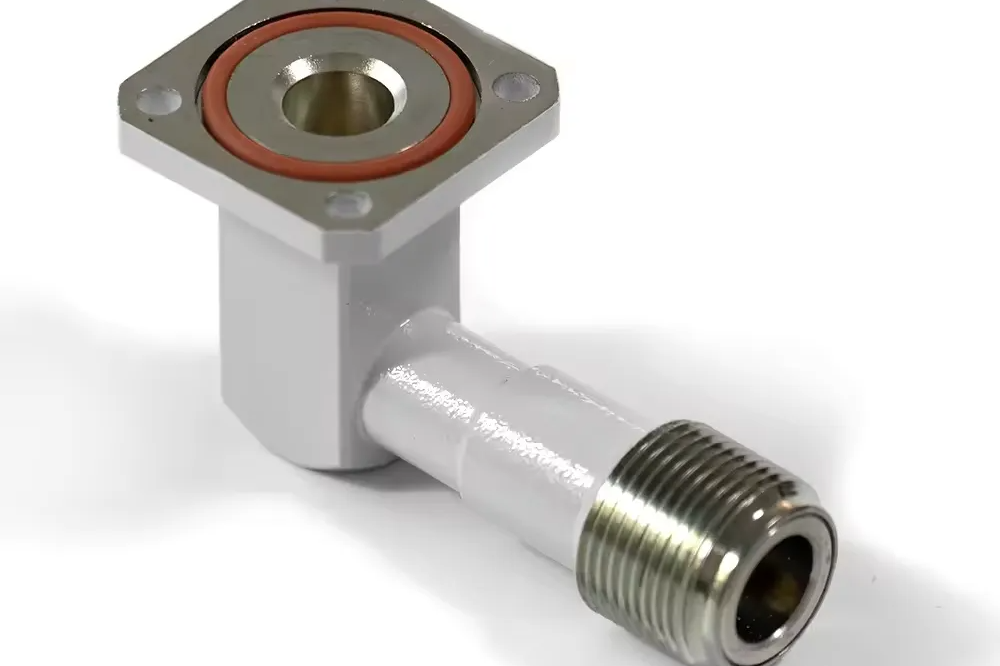
09
Aug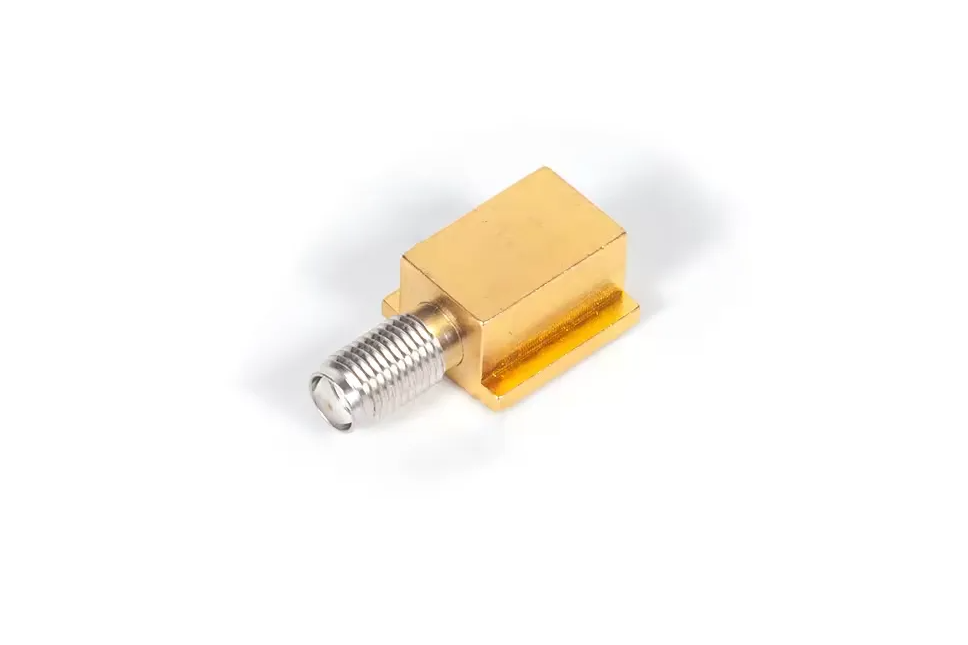
09
Aug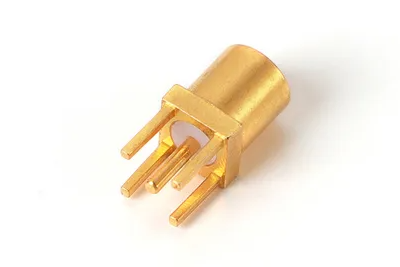
09
AugCHSUX предлага широк асортимент от автомобилни компоненти, включително фиксиращи елементи, скоби, клипсите и други. Нашата продукция е проектирана да отговаря на различните нужди на автомобилните производители.
CHSUX следва строги мерки за контрол на качеството през целия процес на производство. От избора на суровините до крайната проверка на продукта, гарантираме, че всеки компонент отговаря на нашите високи стандарти за качество и надеждност.
Да, CHSUX предлага услуги за персонализация, за да отговори на вашия конкретен проблем. Екипът ни от инженери ще работи тясно с вас, за да разработят решение, което отговаря на вашите нужди.
Времето за изработка варира според продукта и количеството на поръчката. Всъщност, стремим се да осигурим бърза доставка и ще работим с вас, за да отговаряме на графиките ви за производство.
Абсолютно. CHSUX предоставя широкообхватна техническа поддръжка, за да се уверим, че получавате максималната полза от нашите продукти. Екипът ни е наличен, за да отговори на вашите въпроси и да ви помогне, когато е нужно.
Можете да направите поръчка през нашия уебсайт, по имейл или като свържете директно с нашата продажна екип. Вие ще ви насочим през процеса на поръчване и ще се уверим, че вашите нужди са задоволени.
